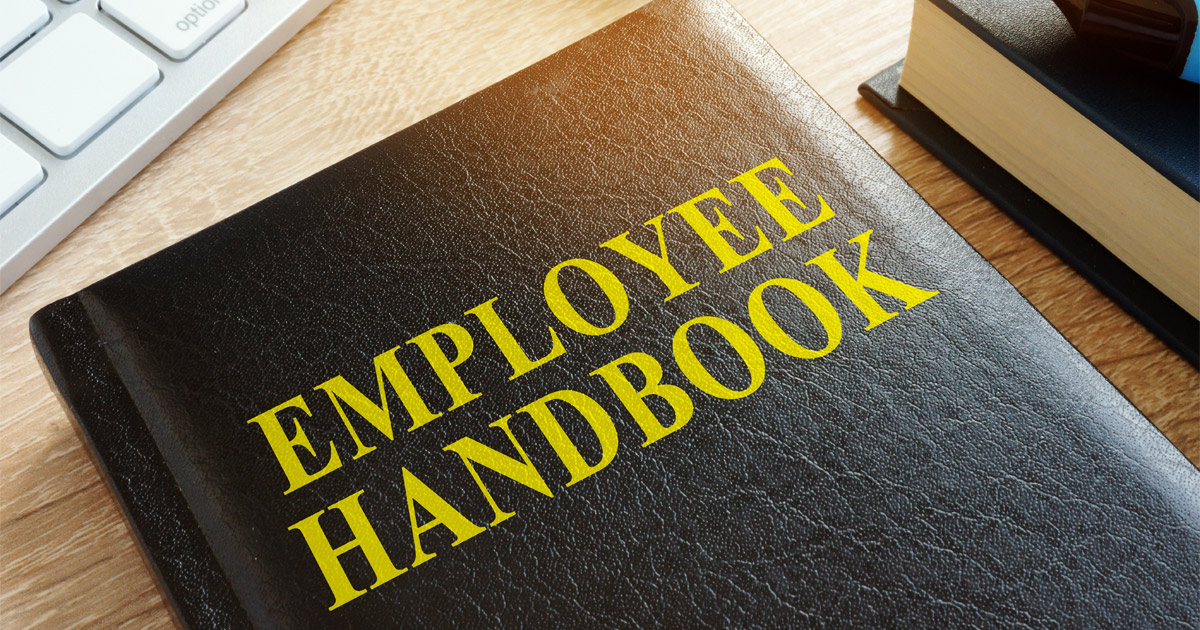Losing your job is one of the most stressful and life-altering events a person can go through. Employees in this situation should have time to adjust financially to the new circumstance. Employers have a duty to recognize that workers depend on the stability of their income. Although business circumstances sometimes necessitate such difficult decisions, the law establishes protections to ensure that employers endeavor to do right by their employees.
If your job was eliminated because of a plant closure, operational transfer, or mass layoff, your rights are protected by law. You are entitled to receive advance notice of the company’s plans so that you can respond to the situation by making arrangements of your own.
What Laws Regulate Employer Responsibilities Regarding Plant Closures or Mass Layoffs?
Employee protection laws exist at both the federal and state level to require certain employers to provide 60 days’ notice to employees before their jobs are eliminated as a result of the closing of a company facility, transferring job operations, or a large-scale layoff. When these employers fail to provide proper notice, affected employees have a right to collect damages.
These regulations are enforceable under the federal Worker Adjustment and Retraining Notification Act (WARN Act). Several states have similar laws, as is the case in New Jersey.
Which Employers Are Affected by These Laws?
Under the federal statutes, businesses are liable to the requirements laid out under WARN regulations if they employ more than 100 full-time employees or at least 100 workers whose work hours make up a combined 4,000 hours or more per week.
In New Jersey, these employment laws apply to employers with 100 more employees that have been in business for at least three years.
How Many Employees Must Be Affected to Qualify for the Law’s Provisions?
A plant closing that qualifies for employee protections under WARN laws involves the closure of a single facility or site of business operations that causes the terminations of 50 or more full-time employees over the course of 30 days. There are stipulations in the law to prevent employers from spacing termination actions over a longer period in an attempt to skirt the law.
Under WARN laws, a mass layoff involves 500 or more full-time employees from the same employment site losing their jobs, or for the number of laid-off employees to total between 50 and 499, if the total constitutes a third or more of the overall staff.
Operational transfers or job terminations that cause layoffs for 50 or more full-time employees also qualify for employee protections under the law.
What Are the Penalties for Employers Who Do Not Abide by the Advance-Notice Rules?
Both the federal and New Jersey state laws require employers who do not provide adequate notice to pay severance to the affected employees.
In New Jersey, an employer who does not give at least 60 days’ notice in advance of termination must pay all terminated full-time employees severance equal to one week of pay for each year they worked for the employer.
What Exceptions Are There to These Laws?
Employers may be able to prove that these laws do not apply if the conditions that led to the plant closing or layoffs were unforeseeable 60 days out, if the reason for the layoffs or closure were necessary due to a natural disaster. In the case of plant closings, but not layoffs, the employer may be able to avoid legal penalties if 60 days’ notice was impossible because the business was seeking rescue through business contracts or funding that could have saved the company from having to make cuts.
Cherry Hill Employment Lawyers at Burnham Douglass Provide Legal Advice and Representation to Dismissed Employees
If you were let go from your job with less than 60 days’ notice, you may be due a significant sum in severance. If your termination was part of a mass layoff or plant closure, you should talk to a legal professional about your concerns. The Cherry Hill employment lawyers at Burnham Douglass can help you understand your rights and challenge your job dismissal. Contact us online or call us at 856-751-5505 for a free consultation. We are located in Marlton and Northfield, New Jersey, and we serve clients throughout South Jersey, including Camden County, Burlington County, Atlantic County, Gloucester County, and Mercer County.


